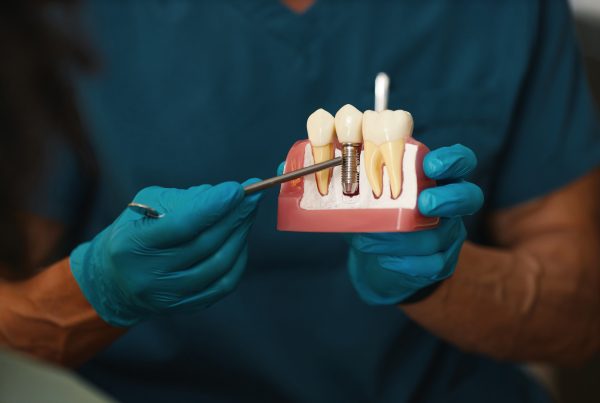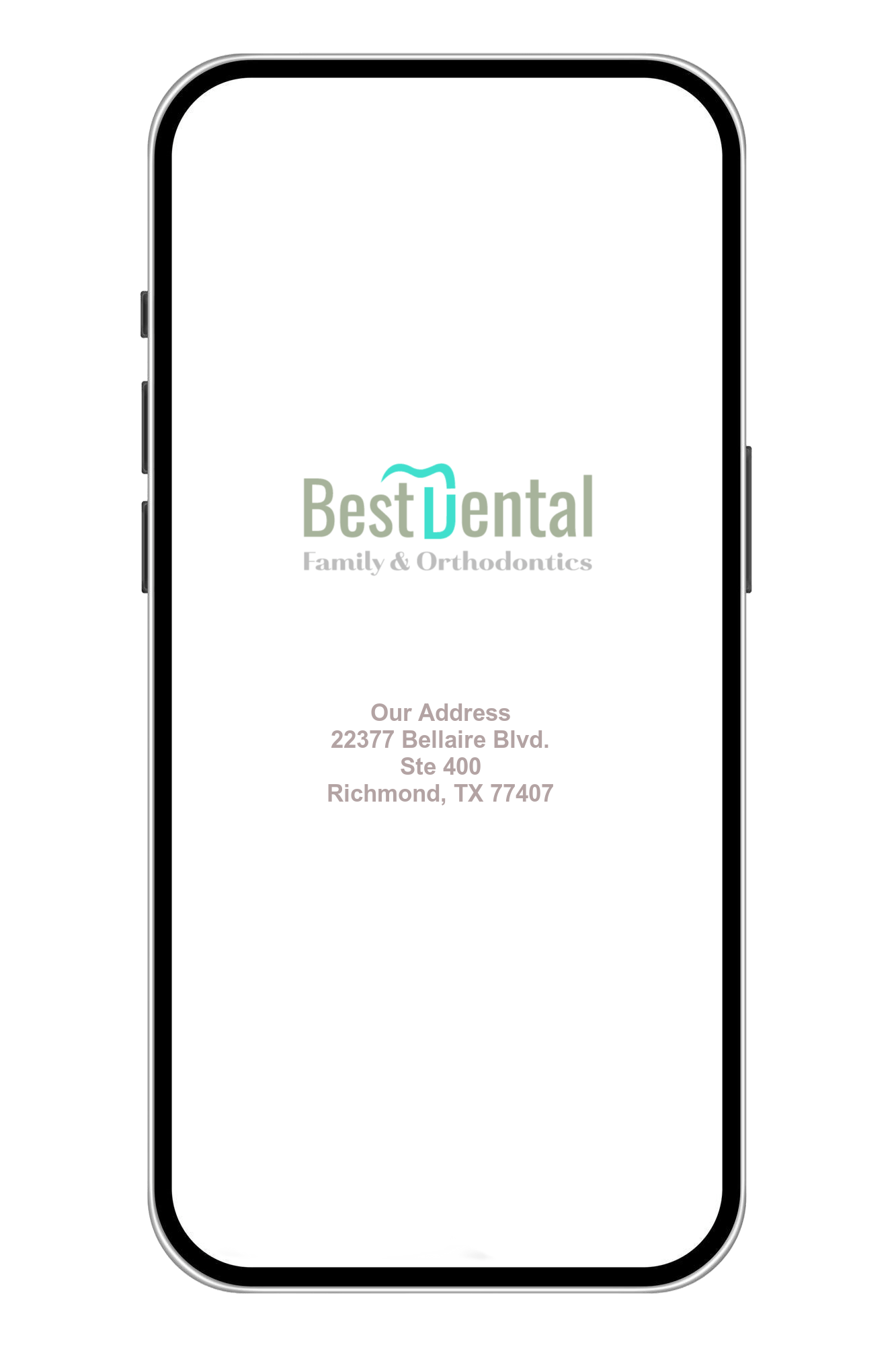PPO vs HMO Dental Insurance Plans
Choosing between PPO and HMO dental insurance can significantly impact your out-of-pocket costs and access to care. While both plans provide coverage for preventive, basic, and major dental procedures, they differ substantially in flexibility, costs, and provider networks. Understanding these differences will help you select the plan that best matches your dental needs and budget.
Insurance
Understanding HMO Dental Plans
HMO (Health Maintenance Organization) dental plans typically offer lower monthly premiums and minimal out-of-pocket costs when you visit in-network providers. These plans require you to select a primary care dentist from their network and obtain referrals for specialist care.
HMO plans are ideal for individuals who prefer predictable costs and don’t mind staying within a specific network of dentists. However, the trade-off is limited flexibility—if you visit an out-of-network provider, you’ll likely pay the full cost yourself. HMO plans work best for budget-conscious individuals who have access to quality in-network dentists in their area.
PPO Plans
The Flexibility of PPO Dental Plans
PPO (Preferred Provider Organization) dental plans offer greater flexibility in choosing your dentist. While you’ll save money by visiting in-network providers, PPO plans also provide partial coverage for out-of-network care, making them ideal if you have an established relationship with a specific dentist.
PPO plans don’t require referrals for specialists, giving you direct access to orthodontists, periodontists, or oral surgeons. The downside is higher monthly premiums and annual deductibles. You’ll also typically pay a percentage of costs through coinsurance, even with in-network providers. PPO plans are best suited for those who value choice and flexibility over lower premiums.

Making Your Decision
Your choice between PPO and HMO dental insurance should depend on several factors. Consider your budget—if keeping monthly costs low is a priority, an HMO may be your best option. Evaluate your dental needs—those requiring frequent specialist care may benefit from PPO’s referral-free access.
Check provider networks to ensure your preferred dentist participates, or confirm quality providers are available nearby. Finally, assess your flexibility needs—if you travel frequently or want the freedom to choose any dentist, a PPO offers more convenience despite higher costs. By weighing these factors against your personal circumstances, you can select the dental plan that provides the right balance of coverage, cost, and convenience.
For More Information About The Differences Between HMO and PPO Dental Insurances Contact Our Team Today!
We look forward to hearing from you.





